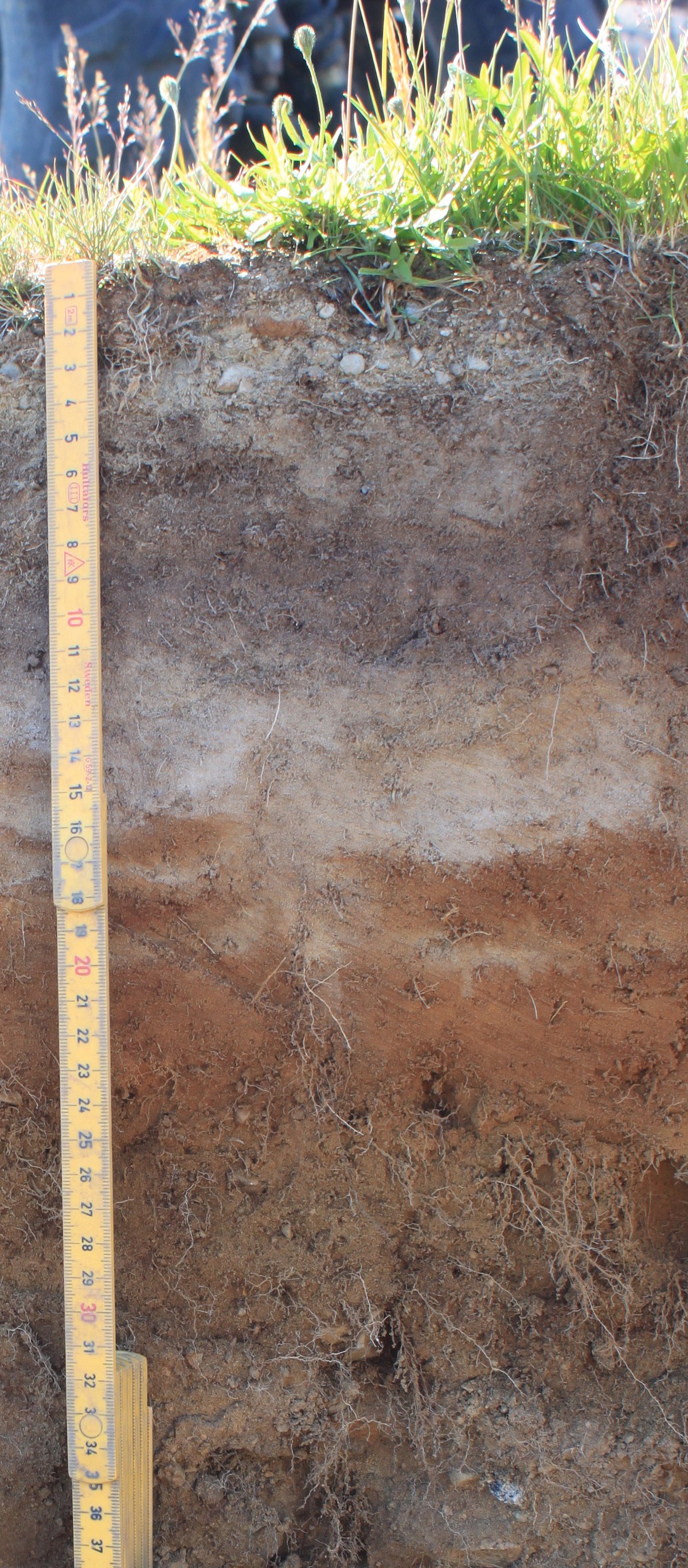Global warming can make enormous areas of potentially arable Arctic land available. Preliminary surveys by researchers at Aarhus University of soils in South Greenland have indicated two main barriers to fulfilling this potential:
Soil amendment by glacial flour from nearby deposits appears to be a perfect, locally sustainable technology to solve these problems. It can also have climate benefits due to sequestration of organic carbon and atmospheric CO2 in the soil.
NewLand will test this arable soil expansion technology for combinations of soil types and glacial flour amounts and characteristics in South Greenland.
Soil and glacial flour resources will be mapped and characterised, and area-specific models for increasing plant-available water, soil aeration, crop yield, and carbon storage will be developed and tested in laboratory and field experiments.
By transferring the knowledge it generates, NewLand will support the long-term sustainability of the newly appointed UNESCO World Heritage site Kujataa in South Greenland. This is because agricultural production supports the Greenlandic heritage, settlements and employment in the settlements and contributes to self-sufficiency of Greenlandic quality foods.
NewLand wil test the hypotheses that addition of glacial flour to South Greenlandic soil will:
